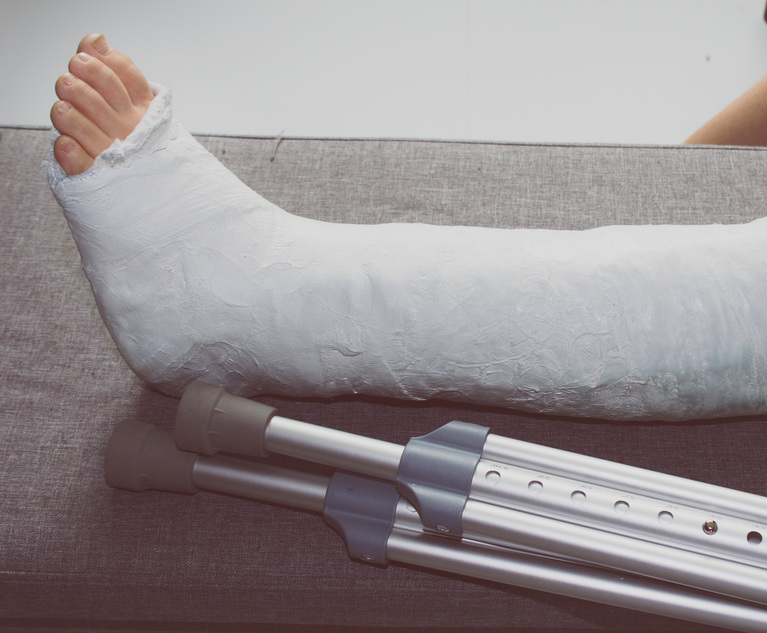The state of New Jersey adopted a comprehensive system of automobile insurance statutes in 1972 to provide that “persons injured in motor vehicle accidents are compensated promptly” and to ensure that there are “financially responsible” persons available to meet those claims. Craig & Pomeroy, New Jersey Auto Insurance Law, Gann. The three pillars of the system are the Compulsory Insurance Law (which requires liability insurance), the No Fault Act (which requires personal injury protection benefits) and the Uninsured Motorist Act (which requires uninsured and underinsured motorist coverage).
Every year since 1992, I have written an Automobile Injury Supplement for the New Jersey Law Journal titled “A Look at No Fault.” The primary purpose of this supplement is to review every case, rule, regulation and statute dealing with the verbal threshold as well as the most important cases dealing with PIP benefits, UM/UIM coverage and automobile accidents.
This content has been archived. It is available through our partners, LexisNexis® and Bloomberg Law.
To view this content, please continue to their sites.
Not a Lexis Subscriber?
Subscribe Now
Not a Bloomberg Law Subscriber?
Subscribe Now
LexisNexis® and Bloomberg Law are third party online distributors of the broad collection of current and archived versions of ALM's legal news publications. LexisNexis® and Bloomberg Law customers are able to access and use ALM's content, including content from the National Law Journal, The American Lawyer, Legaltech News, The New York Law Journal, and Corporate Counsel, as well as other sources of legal information.
For questions call 1-877-256-2472 or contact us at [email protected]


 Credit: NATHAPHAT NAMPIX/Adobe Stock
Credit: NATHAPHAT NAMPIX/Adobe Stock




